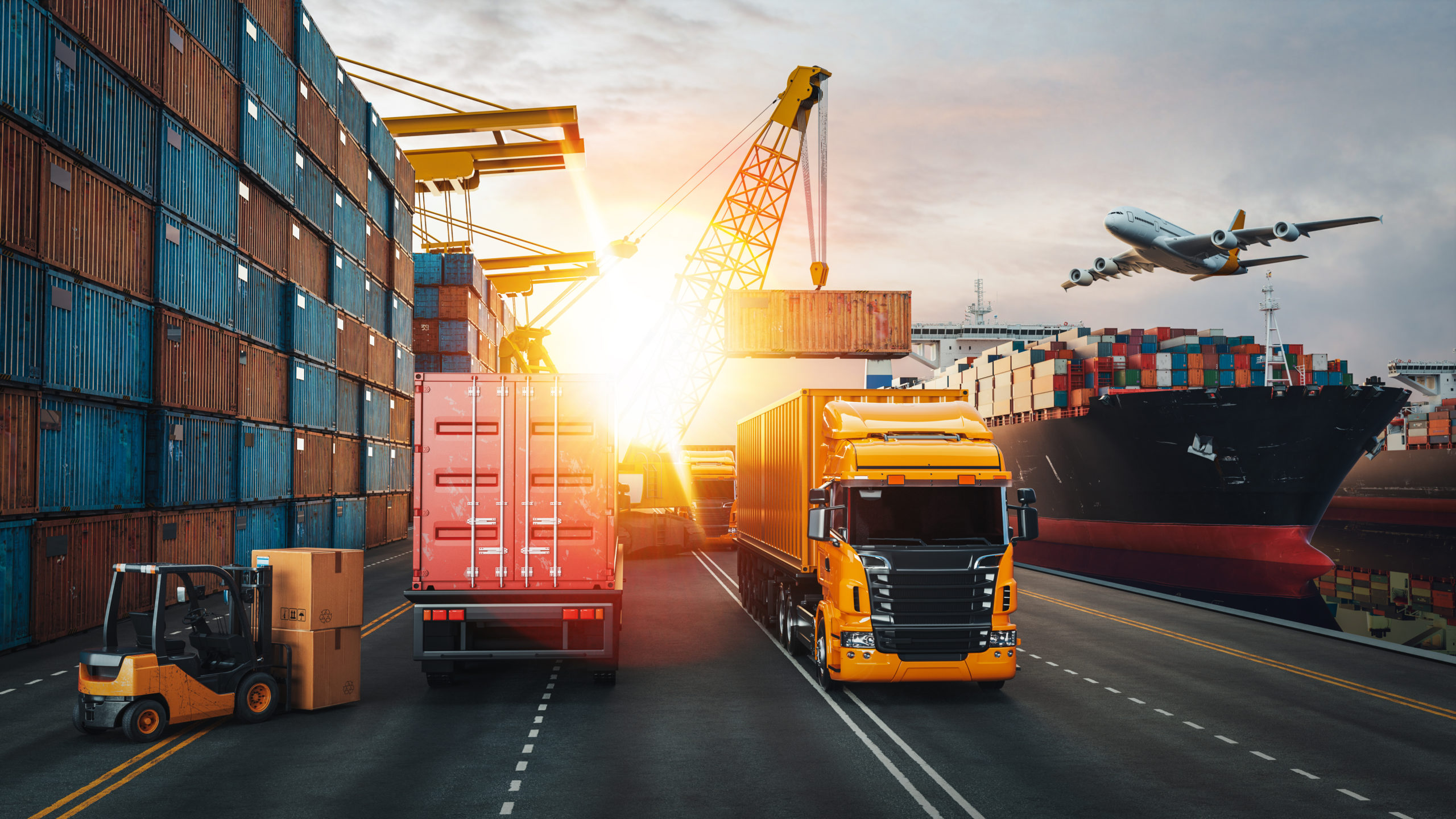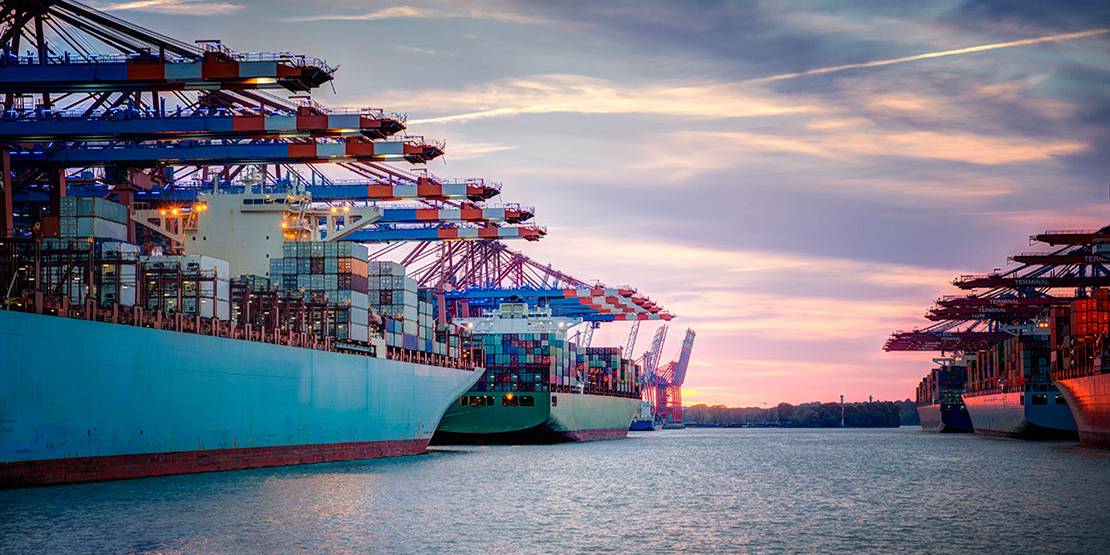European road freight has gone through a major transition since Brexit and many importers and exporters have experienced delays with the new customs procedures.
For this reason, we have highlighted below the six most critical factors for you to consider, which should help you to achieve a smoother process.
1) Make sure you have a registered EORI number – While the UK government has made measures to auto-enrol a substantial number of firms, we advise consumers to double-check that this critical initial step has been accomplished.
2) Know your HS Codes – The Harmonised System (HS) is a list of tariff numbers that identify your product and is recognised globally. The HS code of the items you import, or export, determines the amount of customs duty you need to pay. Make sure that your items are properly described and that the appropriate HS code is assigned.
3) Ensure your invoices are compliant – Every shipment will require an export declaration, and HMRC may decide to check that the data on the commercial invoice matches the data on the export declaration and the goods themselves.
4) Consider your Incoterms – Incoterms, or shipping terms, are the internationally recognised terms of sale that you agree with your overseas partner. Since Brexit, we recommend avoiding terms that may require you to take responsibility for EU customs formalities. For exports, avoid DDP and use DAP. For import, avoid Exworks and use FCA.
5) Get help with your customs declarations – It is critical that you appoint an experienced partner, such as Westbound, to prepare import and export customs declarations for a smooth door to door transition, and to ensure you are compliant for VAT and duty.
6) Do you have an Importer of Record in the EU? – This has now become the most apparent requirement regardless of all the above, when exporting from the UK to Europe. If you are not leaving the clearance to your buyer (located in Europe) and selling on DDP/DDU terms, then it’s imperative you have your own registered EU company to act as ‘Importer’ or, appoint an agency known as a Fiscal Representative with Importer of Record services. This is the most single piece of information that is never discussed or advised and is why social media groups are aghast of upset exporters with goods stuck in customs control/uncleared.
Prior to Brexit, moving goods to and from the EU was practically the same as buying or selling within the UK, but things are not as simple now.
Export shipments to the EU are often being held up as the buyer is not fully prepared to import. Make sure that you speak to any new buyers before shipping your product, to make sure they are aware of their import procedures.
For imports, make sure that any new suppliers can provide a valid invoice for the goods you are purchasing.
Westbound are ideally placed to provide you with European road freight services, while completing the necessary customs declarations on your behalf.
We offer a one-stop shop approach to EU shipments, that ensure your peace of mind. For more information, please contact our European team on 01375 800800 or info@westboundglobal.com

Become a Westbound VIP
From simpler bookings, communication, and collaboration to reporting, insights, and more, our intuitive cloud platform puts everything in one place. So you get control, efficiency, and transparency, and a launchpad for your supply chain.
Related Posts
16/04/2024
Ship Seizure Leads To Further Middle East Shipping Concerns
Following Iranian troops seizing the…


